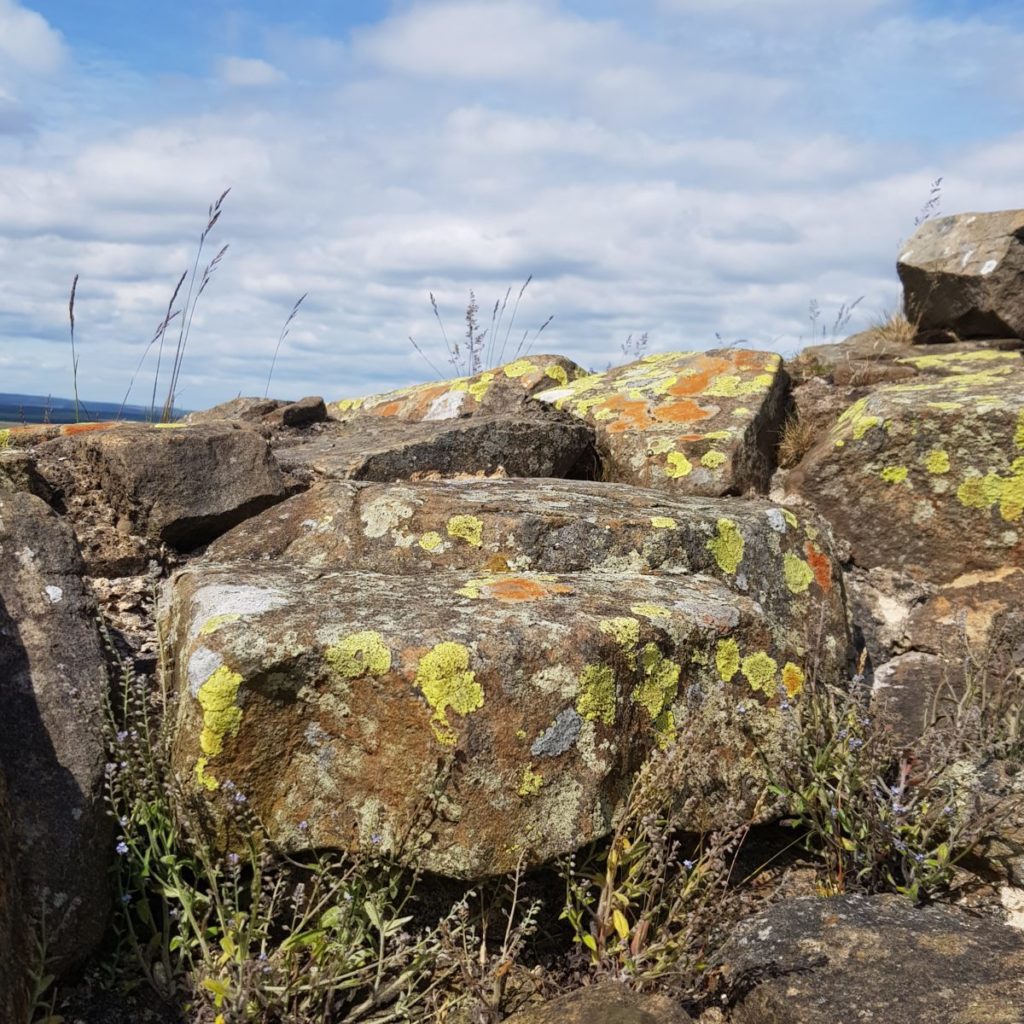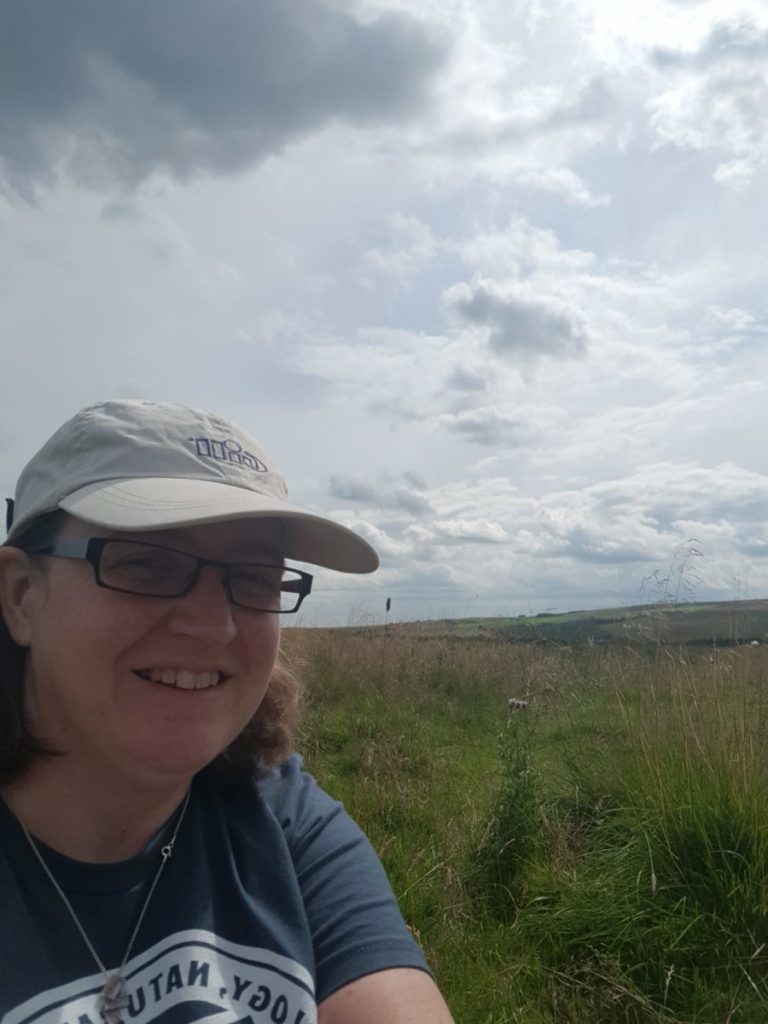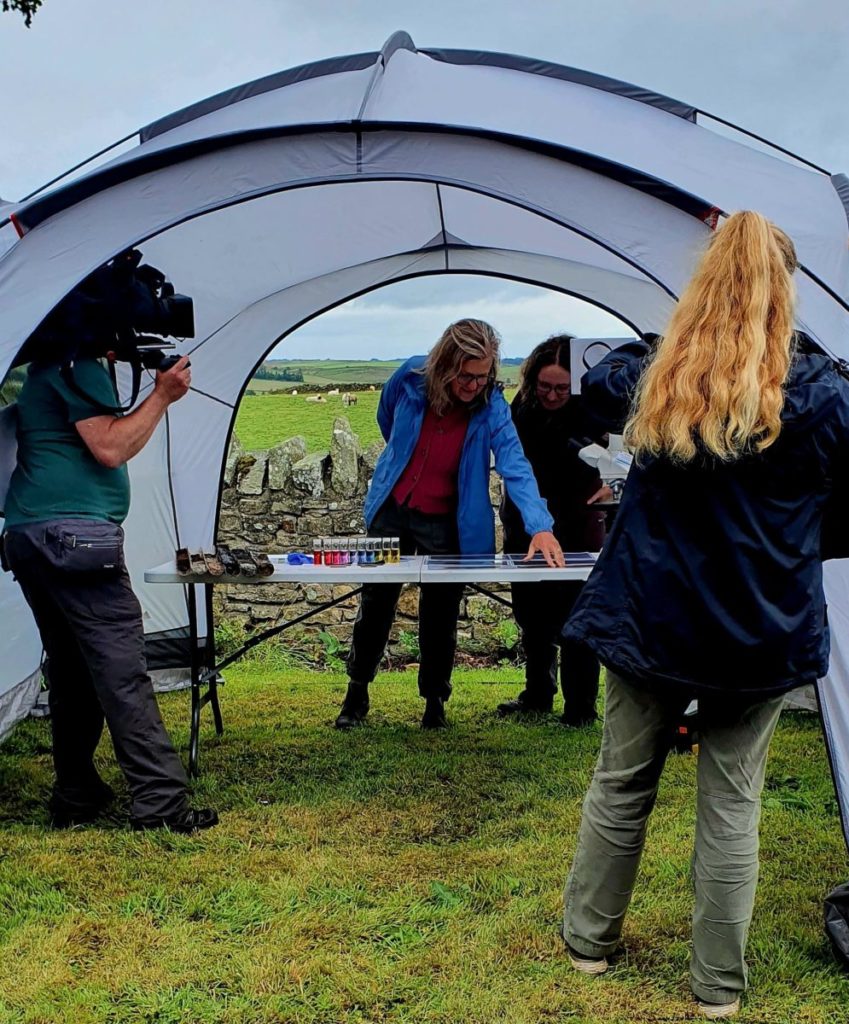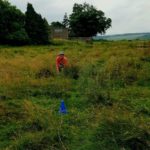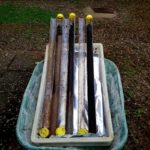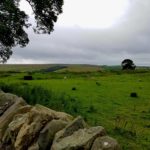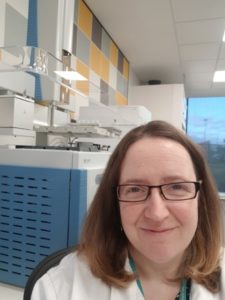As academics we are good at standing up and talking about our topics, often in a lecture theatre, following a schedule so the students know what we are taking about and know the science behind it.
However, when it comes to public outreach, you can be faced with an unknown audience, who are not familiar with every detail, which can put you out of your comfort zone.. so why should I be encouraging you to do it and reasons to do outreach sessions.
Here are my 5 top reasons:-
- To introduce science to a young or older audience in a meaningful way – recently I spoke to a allotment group about our work at Magna, relating what we are seeing to soil chemistry to what plants they were growing!
- Use your audience – you will meet fascinating people doing outreach, whom have a wealth of experience, listen and learn
- Use data but don’t simplified explain the facts – science data can sometimes be impenetrable.. the public love data but it must be explain in a meaningful way, also think, why does this matter to them.
- Professional development – i have learnt so much about why i do and what i do from engaging in public talks – someone once asked me what drives me and the answer for me is simple, i love learning new things, figuring out problems.. i have not lost that passion for walking into the science in over 20 years and don’t see that stopping anytime soon.
- Energised – It is an absolute pleasure being able to talk about your subject and engage, getting others excited but also feeling as even if just a little bit, you have made a difference.
Over the next few weeks, we are off to LIMES and EAA, with some museums and adventures on the way, so stayed tuned for updates.

